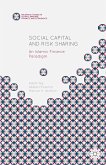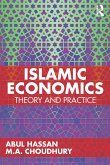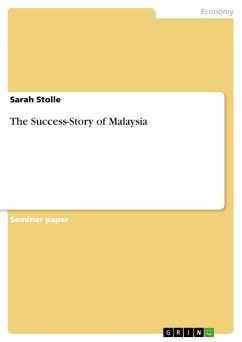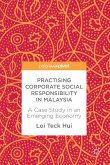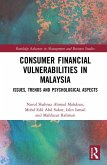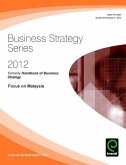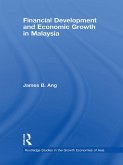Essay from the year 2011 in the subject Economics - Economic Cycle and Growth, grade: 1,0, Ruhr-University of Bochum (Fakultät für Wirtschaftswissenschaft), course: Wirtschaft Ostasiens, language: English, abstract: Malaysia is one of the largest and fastest growing markets for Islamic Finance and Banking worldwide. The current market-share of Islamic banking (IB) accounts for ca. ten 10% of the total banking sector, compared to about 0.1% in 1994. The total share of bank assets held by Islamic banks worldwide amounts to 0.5%. On the one hand this outstanding growth stems from the initiative of Malaysia’s central bank, Bank Negara Malaysia (BNM). BNM provided for an Islamic Inter-bank money market (IIMM) in January 1994. On the other hand the opportunity to invest in Shari’a-compliant financial products is more and more embraced by the Muslim community all around the globe. This consensus is not argued about, but the influence of the Islamic Banking-specific properties on the financial system and the real economy is a field of scientific quarrel. The author tries to analyse the influence of Islamic Banking with regard to Malaysia and its dual financial system. This essay is structured as follows: In the beginning the author will outline a short history of Islamic Banking, followed by a comparison between conventional and Shari’a-compliant financial services. The question, if Islamic Banking could prove as a bottleneck for economic development is answered in the concluding section of this essay.
Bitte wählen Sie Ihr Anliegen aus.
Rechnungen
Retourenschein anfordern
Bestellstatus
Storno



